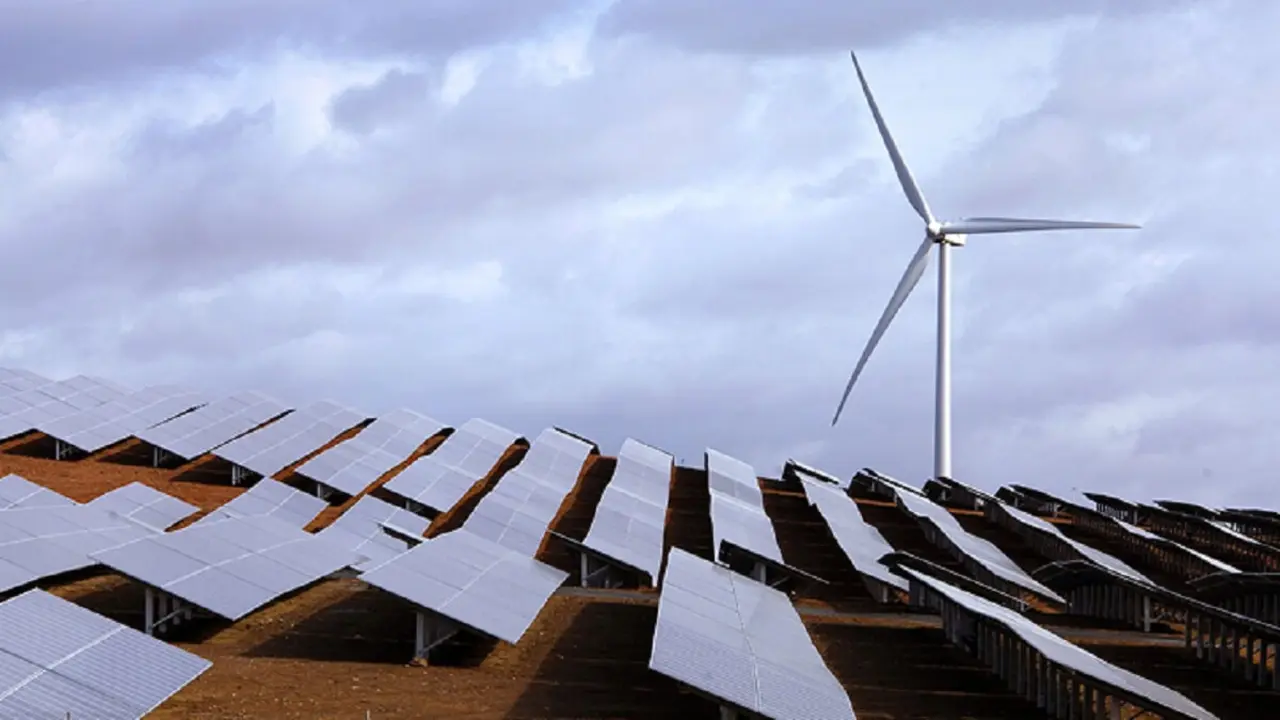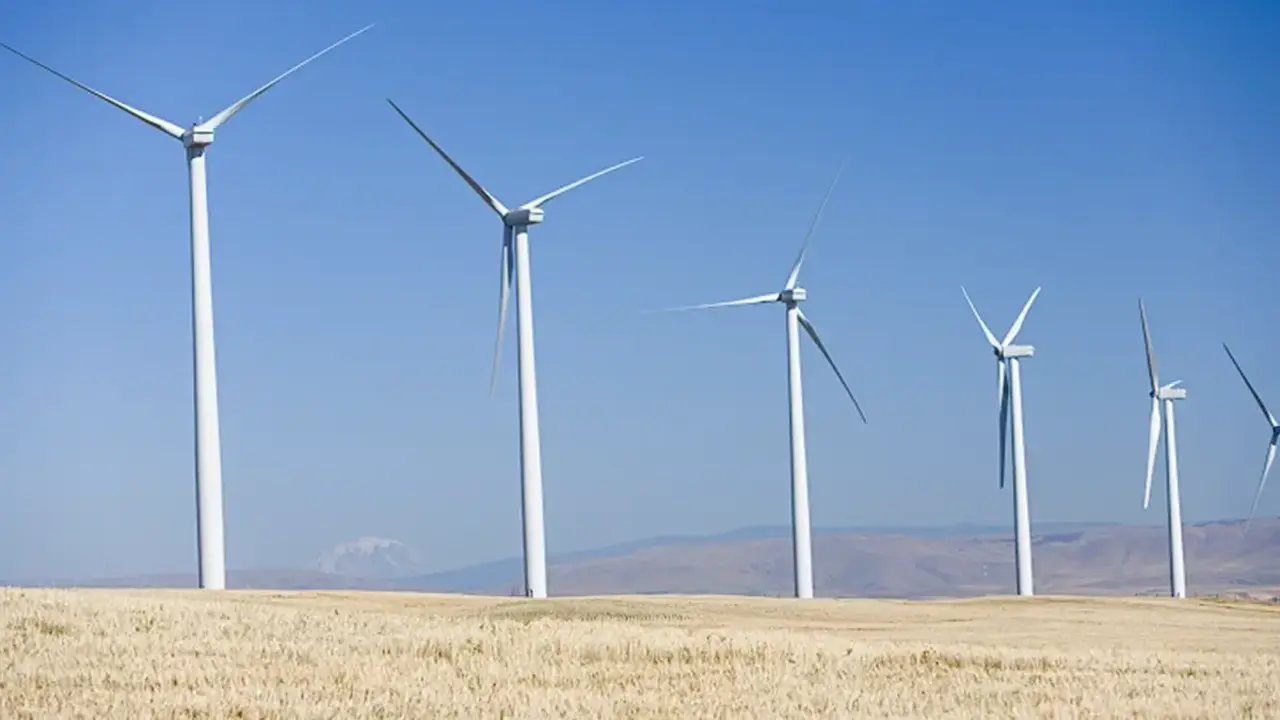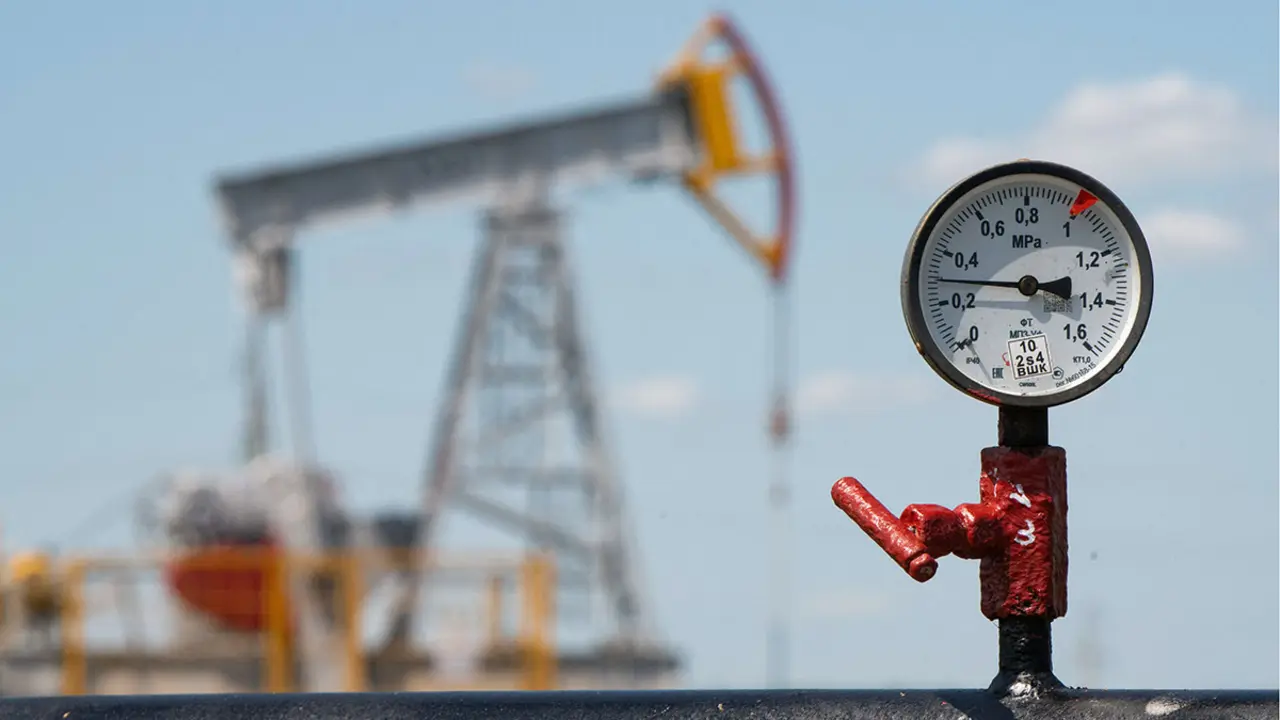The largest Arab economies in 2021

Four Arab families control 52.27% of the total wealth of Arab billionaires during 2021, and about 45.45% of their number, according to the Forbes list. The list is headed by the owners of Egypt's Mansour Group, with three members on the Forbes 2020 list, followed by the owners of Al-Futtaim Group, which owns 100% of Arab Orient Insurance Company and 50% of Emirates Invesment Bank.
This is followed by the owners of the Olayan Group, with stakes in Credit Suisse Bank and Saudi British Bank. These were followed by Majid al-Futtaim and his family, owners of the Al-Futtaim Group, and a subsidiary of Toyota in the United Arab Emirates.

Nassef Sawiris would become the scion of Egypt's richest family and would be at the forefront of Arab billionaires, with a net worth estimated by Forbes at around $9.1 billion, while his family's combined wealth would be around $14 billion.
On the other hand, the two Lebanese brothers, Taha and Najib Mikati, have a fortune of $5.4 billion, while the Mansour family has $5.1 billion and the total wealth of the children of Lebanese Prime Minister Rafik Hariri is $4.5 billion.

As for the ranking of the largest Arab economies, Saudi Arabia retained the list of the top 5 largest Arab economies by 2021, followed by the United Arab Emirates and Egypt in third place. In this line, Saudi Arabia retained first place in the list of the top five largest Arab economies by 2021, followed by the United Arab Emirates and Egypt, which would have fallen to third place.

In this regard, Saudi Arabia's current GDP at current prices is expected to reach US$804.9 billion by the end of 2021. However, its economy has been hit by a double crisis due to the COVID-19 pandemic and the collapse of the oil markets themselves.
However, Saudi Arabia has managed to top the rankings after implementing reforms under the 'Kingdom's Vision 2030', measures that helped to overcome the crisis the Arab country was facing last year. The reforms included the expansion of digital transformation, especially in the financial sector and government.

On the other hand, the United Arab Emirates ranks second in the Arab world with a GDP of $401.5 billion, thus achieving a position ahead of last year's ranking, with an estimated GDP of $354.3 billion in 2020. In contrast, Egypt has slipped to third place and its GDP is expected to reach $394.3 billion compared to the $361.8 billion that put it in second place in 2020.
In this respect, compared to other countries, the UAE has managed to tackle the epidemic and deal with both the first and second waves of COVID-19 efficiently. Moreover, the vaccines were administered so quickly that it became one of the leading countries in the world in this matter," according to statements issued by the director of the Middle East and Central Asia Department of the International Monetary Fund, Jihad Azou.

In Egypt, GDP growth is expected to reach 2.8% in fiscal year 2020/2021 and to recover to 5.2% in fiscal year 2021/2022. However, these expectations are not without uncertainty as Egypt remains vulnerable due to its high public debt and reliance on global financing needs.
Similarly, Qatar has maintained its fifth position in FY2021 as its GDP has reached $166bn compared to the $146bn it managed to reach in 2020, evidencing an increase in its gross domestic product by $20bn.








